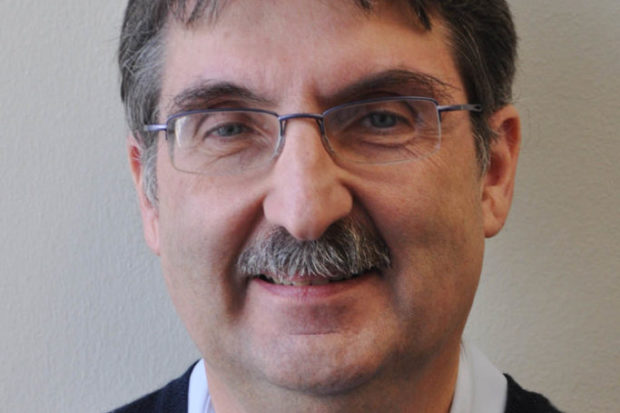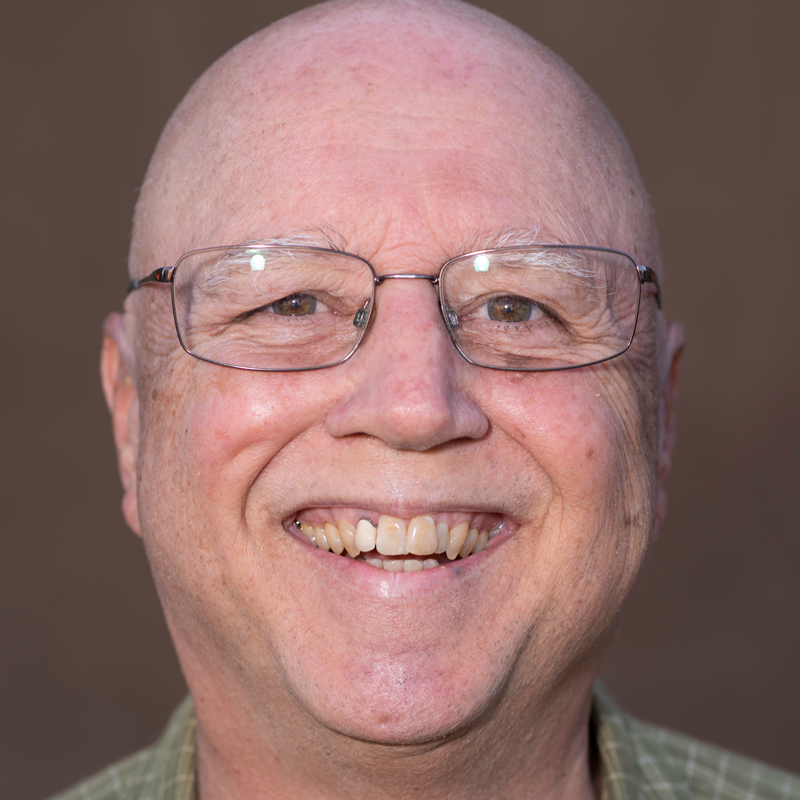

By Michael D. Evans
Most of us belong to one or more listservs. And it is not uncommon to get somewhat annoyed by the arguments, misinformation and sometimes sheer nonsense that seems to populate many of them. On that rare occasion, however, a truly engaging and informative discussion surfaces. Some Fresnans were fortunate to have been part of such a discussion on the relevance of voting.
On the Occupy Fresno listserv, Kit Williams recently posted a link to a video (www.youtube.com/watch?v=3YR4CseY9pk) of comedian Russell Brand being interviewed by Jeremy Paxman, a British journalist, broadcaster and author. In that interview, Brand reveals a number of interesting political viewpoints, one of which is that people should not vote. Williams kick-started the discussion by responding about the video, “I’m still pondering [Brand’s] ideas about voting.” From the Occupy Fresno listserv, the discussion was picked up by the Central Valley Progressive PAC listserv and continued on two threads.
The discussion evolved into a number of related areas, including citizen participation, the two-party structure, the economic system, even revolution, but kept its intellectual resonance, for the most part. A sampling of the viewpoints appears below:
“I must be honest; I really doubt that any of my votes did anything except make me feel less guilty than I would if I didn’t vote,” says Jim Compton-Schmidt.
“I don’t consider voting meaningless,” notes Gerry Bill. “I never miss an election.” Furthermore, Bill states that he is “hard pressed to think of any significant social change that has come about by simply not voting.”
“I agree that people should vote, but would not automatically say that those who do not vote have no say,” says Mike Bridges. “A non-vote, if not done out of complete ignorance and apathy, can also be a ‘vote of no confidence.’”
“I’m afraid to not vote,” says Williams. “The only way it makes sense to me….is if abstaining from voting leads to things getting so bad that people will finally hit the streets, and we’ll have a full-blown revolution.”
Catherine Steele states that “refusing to participate is great if everyone is refusing, however, until people are ready to stand together to throw off those old comfortable ways, it is a waste of energy and plays into the hands of the ‘worst of the two evils.’”
Howard Watkins intones that “if you do not vote, the Tea Party wins. Do you want [Nancy] Pelosi or [John] Boehner as Speaker of the House? Do you want Ted Cruz or Hillary Clinton appointing our next Supreme Court justices? If you do not care, do not complain about our government. If you do care, then help elect the best candidates possible—here and across the country.”
“I did vote against Measure G [Fresno Mayor Ashley Swearengin’s attempt to privatize residential waste service], by the way,” says Bill, “one of those votes that I think did make a difference. How would my staying at home have helped our sanitation workers?”
Addressing the practicality of voting, Watkins states that “in 2014, we have the best opportunity to bring a progressive majority to both the Fresno City Council and the Fresno County Board of Supervisors. Staying united like we did to defeat Measure G will be the key.”
“Linked to this discussion of strategy is the question,” notes Yez Kaoosji, “when elected, what will the person do? Once on the job, the job of keeping the elected official accountable becomes the job of a vigilant electorate.”
“I don’t think the question of voting or not belongs on an Occupy list,” according to Michael Becker, “Occupy was valuable precisely to the extent that people began, if even for a moment, to think about a world in which we do not give our power over to bosses, bankers and certainly not to their political whores in the two evil parties…It’s true…that this refusal needs to become universal.”
“I’d be more convinced [of the need to vote]…if you could provide examples of how things are better, of how ‘it’s working,’” declares Williams. “We’re on the verge of losing our planet, fracking is going ahead full-steam (or close to it), racism continues, the two parties are both in the corporations’ pockets, Citizens United is about to be made even more powerful by the pending McCutcheon v. FEC case that’s awaiting a decision from SCOTUS, we’re at war with so many countries I can’t count them, Medicare and Social Security are threatened by both parties, we have no proportional representation, and the list goes on.”
“By itself, voting is pretty meaningless,” says Chip Ashley. “By itself, voting is uninformed. Informed voting, on the other hand, implies voting in connection with the more important activities of involvement in the political, social and environmental discourse, including protest and civil disobedience.”
“For voting to truly make a difference, we need revolutionary candidates, not just progressives,” asserts Bridges.
“I say vote, but don’t stop there,” states Bill. “What you do between election days is more important than what you do on Election Day.”
“We need friction—lots of it—but we also need voting,” says Ashley. “So get out in the street and then go to the polls.”
“I do not advocate voting or not voting, that’s a personal choice,” says Matt Duris. “But if your goal is a complete overhaul of a system, in other words a revolution, piecemeal reform, which is what voting achieves, doesn’t really help achieve that end.”
That led to a brief discussion of direct democracy and participation regardless of the system.
“At least with direct democracy, you spend all of your time talking about issues, rather than polls and strategies, candidate campaigns, etc.,” says Bridges. “Our government does not know how to govern, or more accurately, does not care about the people. At least with direct democracy, the burden is squarely on the people.”
“Direct democracy might actually work if most people were honest and good and as concerned about others as about themselves,” Ashley said. “Problem is, there are too many manipulative psychopaths among us for direct democracy to work. Heck, that’s the reason representative democracy doesn’t work well.”
Even so, says Ashley, “Participating is a great deal more important than voting. Voting is just a small part of the picture.”
“I think the burden of proof is on those who want to sustain this system,” says Becker. “Prove to those of us who don’t that this system can ever produce anything remotely resembling ‘equality,’ ‘freedom,’ ‘human dignity,’ ‘self-respect,’ ‘ecological balance,’ ‘compassion’ and ‘toleration.’ I am for all of those things, which is why I am for anarchy. Anything else is some form of coercive hierarchy in the interests of those with coercive power.
“Obviously, voting is how this system works,” adds Becker. “As Emma Goldman said, ‘if voting changed anything, they’d make it illegal.’”
“Let’s not forget that the powers arrayed against the values most on this thread purport to share do everything they can to discourage voting,” responds Ashley. “Hence the efforts of the Republican Party going on at this moment to suppress the vote in the Southern states.”
Compton-Schmidt says, “Any group of people interested in ‘change’ needs to welcome a right wing, a left wing and a center of that group and needs to listen to all views as we all prepare to move forward with the changes and do the actions that are called for.”
A number of submissions dealt with the burden of our current economic system.
“Capitalism is the root of the problem,” asserts Becker.
“I do not believe that capitalism is democracy,” says Lydia Flores. “I believe that government exists to protect the people from exploitation.”
“I’m pretty well anti-capitalist and willing to work with others to bring about change on that front,” says Ashley. “This includes organizing, lobbying, fractionating, civil disobedience and voting. We need to work together.”
“My pragmatic nature goes so far to the Howard Watkins plan (do it locally, but do it well this time),” concludes Nancy Waidtlow. “I would just add that in my recent experience being around the homeless, they have survival on their minds, not revolution.”
Perhaps Compton-Schmidt sums up the discussion best: “I cannot believe that this string has turned out sooooo beautiful and that people seem willing to become vulnerable in a big way.”
(*Author’s note: A number of people participated in the above discussion, not all of whom are quoted herein. Persons’ names are used without any title or designation as their preference for such designation might differ from what the author might have noted.)
*****
Michael D. Evans is a political activist, editor and writer. Contact him at evansm@usa.net.

